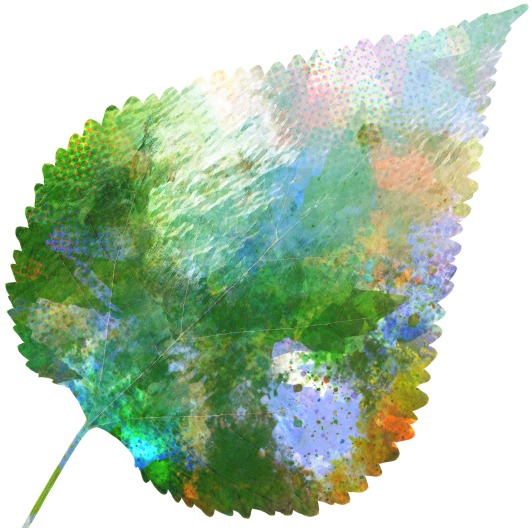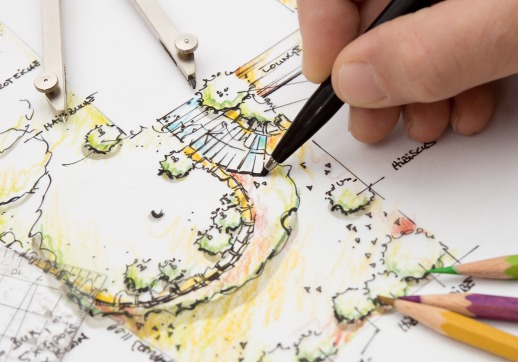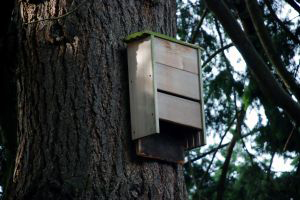 The beautiful summertime in Middle Tennessee can often mean you spend your outdoor activities armed with bug spray. Insects such as mosquitoes can dampen your summer and prevent you from doing more activities. There is always one great natural way to control these outdoor pests: bat and Martin houses.
The beautiful summertime in Middle Tennessee can often mean you spend your outdoor activities armed with bug spray. Insects such as mosquitoes can dampen your summer and prevent you from doing more activities. There is always one great natural way to control these outdoor pests: bat and Martin houses.
Yes, we know what you might be thinking. Bats?! Though they might have a bad reputation, these flying mammals are actually quite beneficial for insect control. Both bats and Martins can eat thousands of insects a day, even mosquitoes. According to the Tennessee Bat Working Group, bats can eat approximately 3,000 insects a night. That’s half of their body weight!
Many times, acquiring bat houses and tree removal go hand in hand. The Parke Company receive a lot of inquires after a tree has been removed. “What can we do with this space now?” people ask. If planting a new tree is not an option, consider installing a bat or a Martin house during your landscape makeover. This will not only naturally control insects, but it can also enhance your Nashville wildlife appreciation without having to visit Percy Warner Park.
The Parke Company will not only help you with tree service, but also assist you in finding the right type of house best suited for your area. Depending on the species, your house might require size or environmental specifications. Here are just a few things to think about for each type of house:
Bats:
- Nocturnal animals, these creatures eat at night.
- The design and construction of the house is very important. The Parke Company will be able to assist you in specific size and shape.
- At least 6 hours of daily sunlight exposure is recommended for all bat houses. This is to ensure the bat houses are kept warm.
Martins:
- Spends their time eating and doing other acivities during the day
- Housing needs to be out in the open (at least 30 feet away from your residence) to avoid other disturbances.
- Keep the housing at least 10-20 feet high to protect from predators.
Sometimes after a tree removal, you want to consider different options. The Parke Company will help you brainstorm great alternatives for your landscape — like installing bat or Martin houses. Not only is this a great natural insect repellent but it’s also a great animal-focused activity for you and your family right at home. For more information on types of houses and specific requirements, call the Parke Company today for information on this or other tree services at (615) 405-6548.
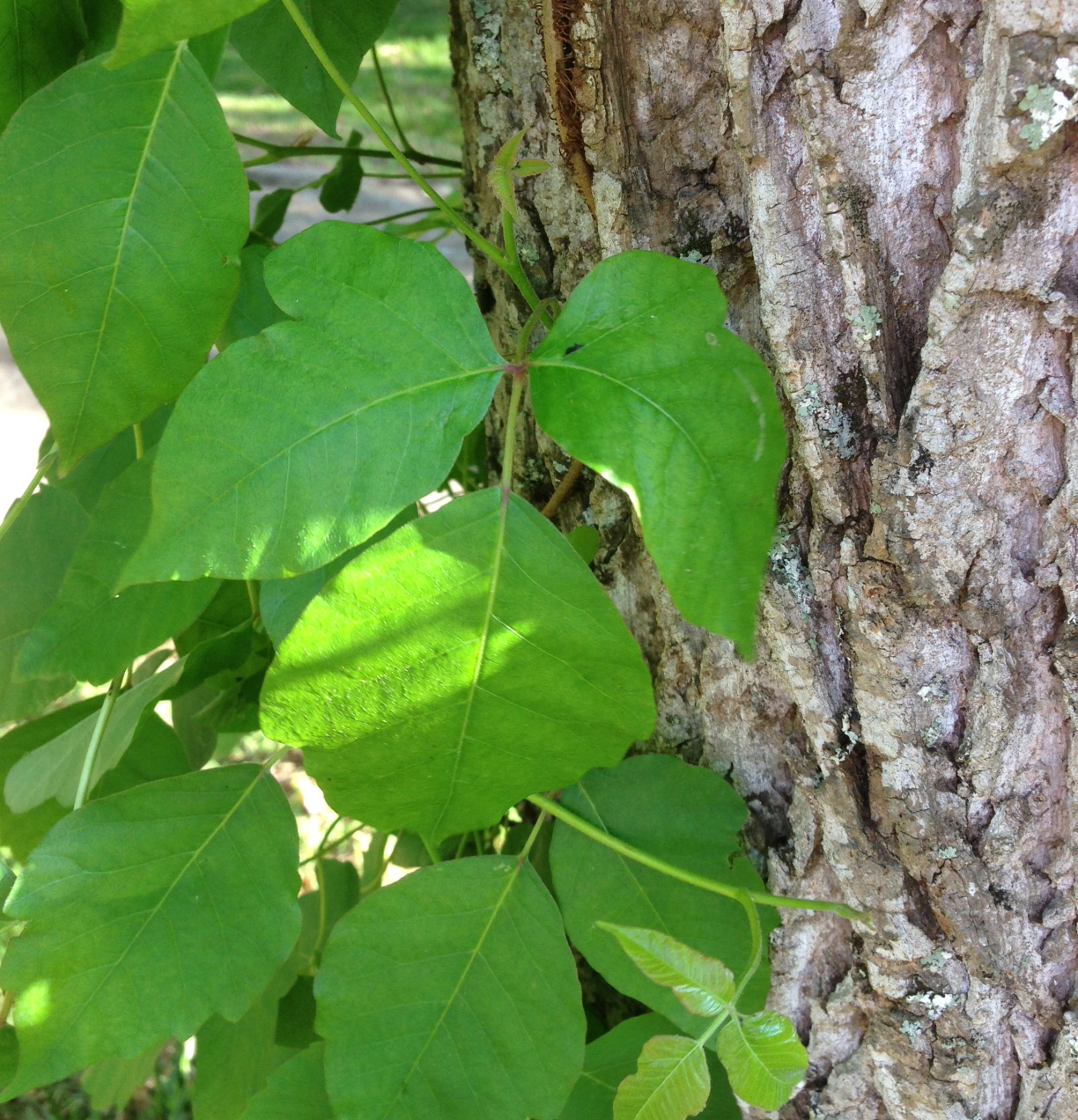 Summertime is vastly approaching. That’s right! Swimming out on
Summertime is vastly approaching. That’s right! Swimming out on 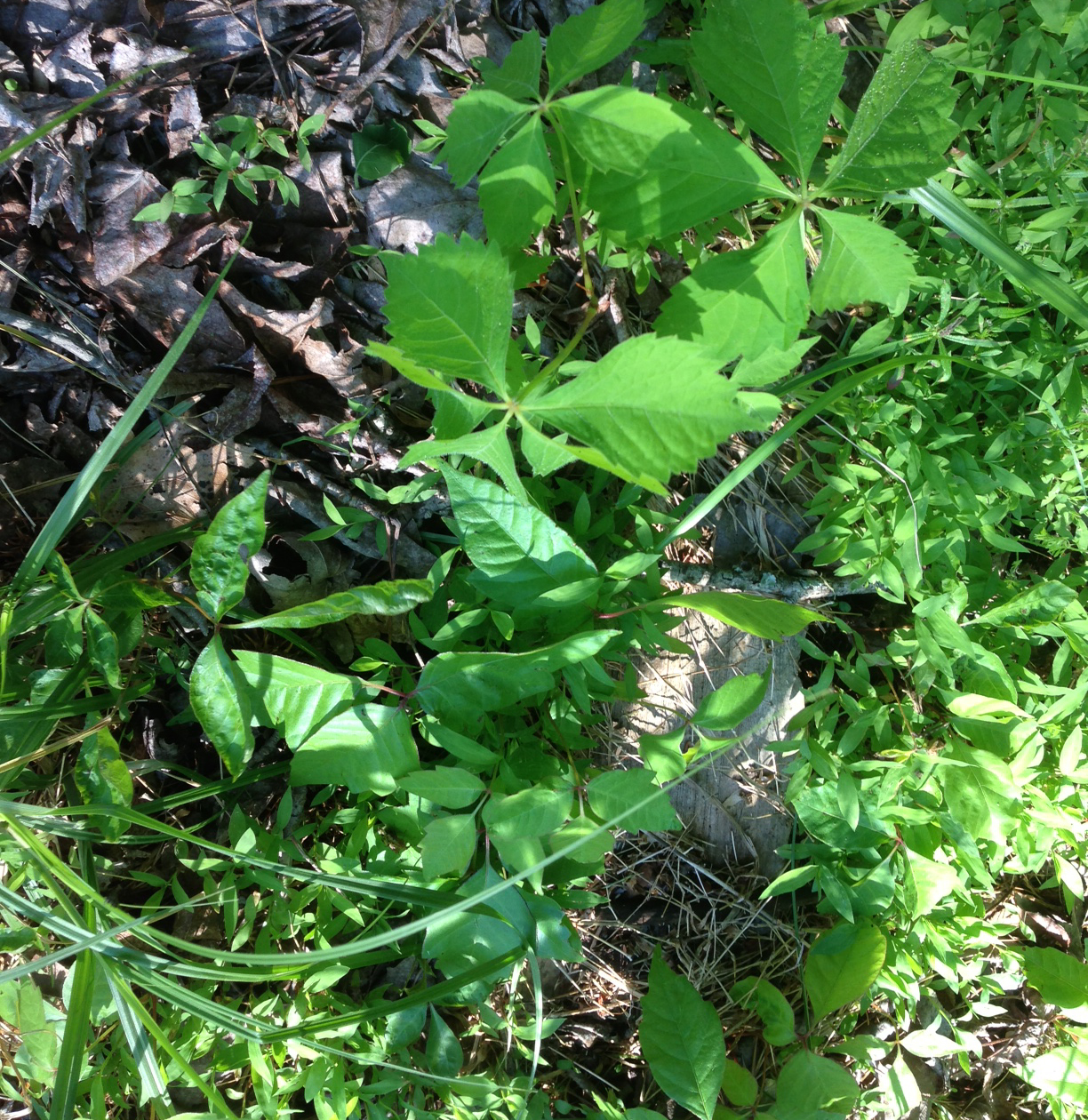 Virginia Creeper — “Leaves of Five, Let Them Thrive.”
Virginia Creeper — “Leaves of Five, Let Them Thrive.”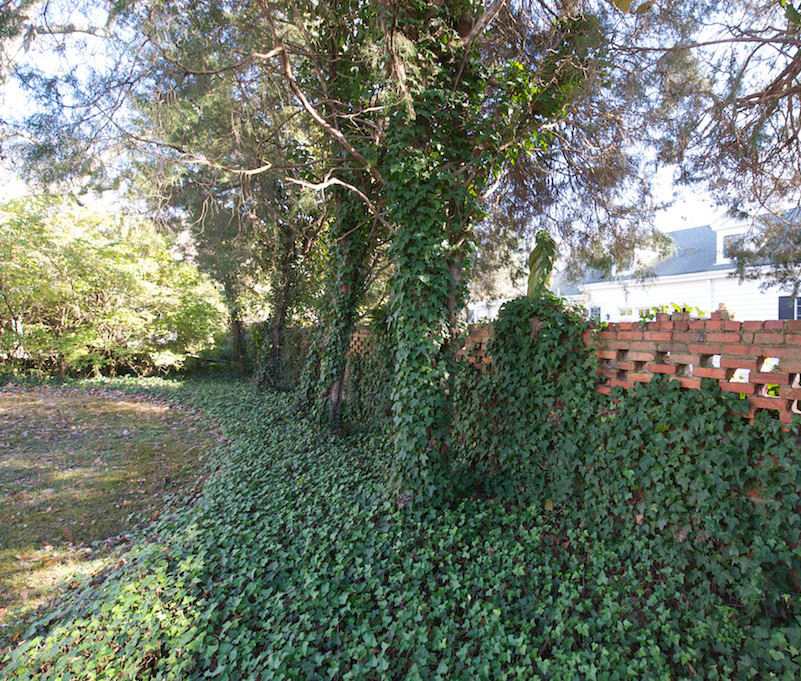 Vines can convey a variety of meanings, especially depending on the setting. For example, ivy crawling up Belle Meade plantation can be both beautiful and majestic. However, vines crawling up your oak tree in your West Nashville home can often be annoying and look invasive. However, before you go crazy with the garden sheers, consult with the Parke Company on removing the vines for you. Removing vines without proper knowledge or background can often damage the tree and put you in harm’s way.
Vines can convey a variety of meanings, especially depending on the setting. For example, ivy crawling up Belle Meade plantation can be both beautiful and majestic. However, vines crawling up your oak tree in your West Nashville home can often be annoying and look invasive. However, before you go crazy with the garden sheers, consult with the Parke Company on removing the vines for you. Removing vines without proper knowledge or background can often damage the tree and put you in harm’s way.